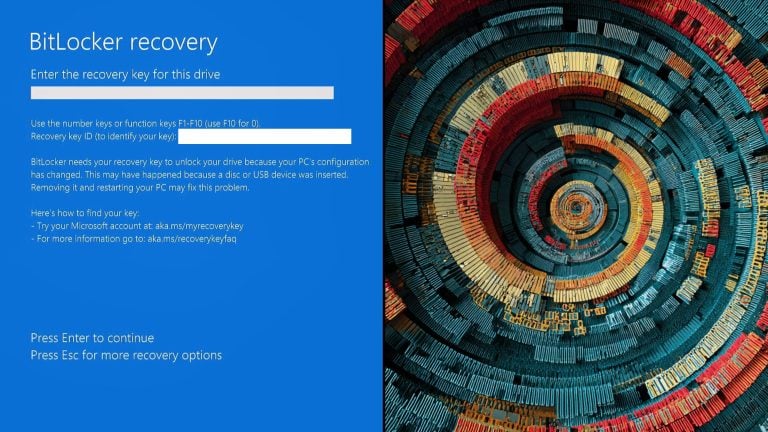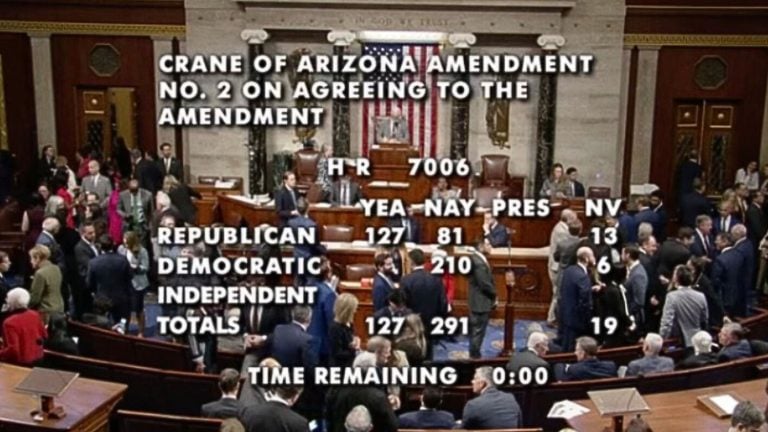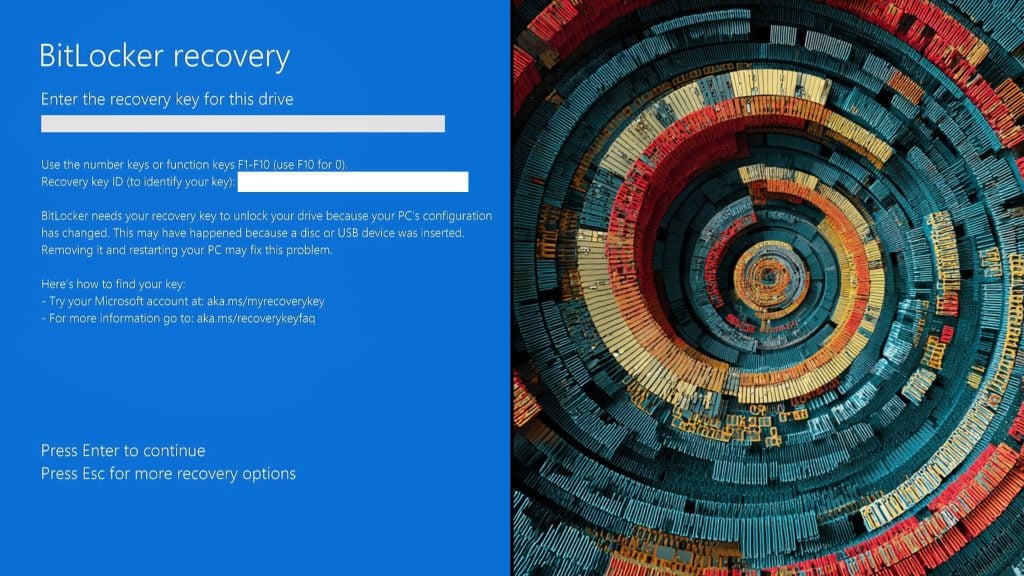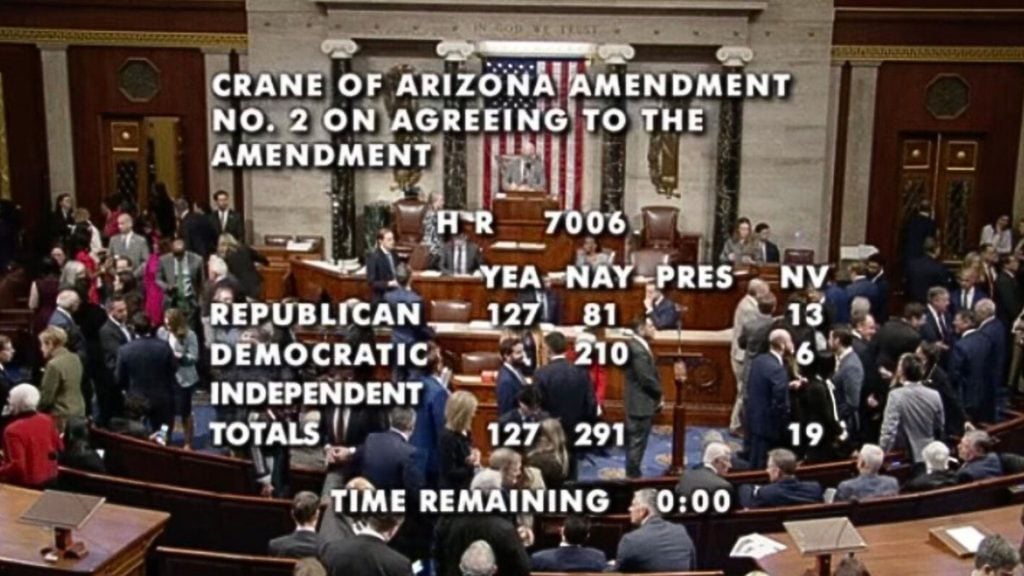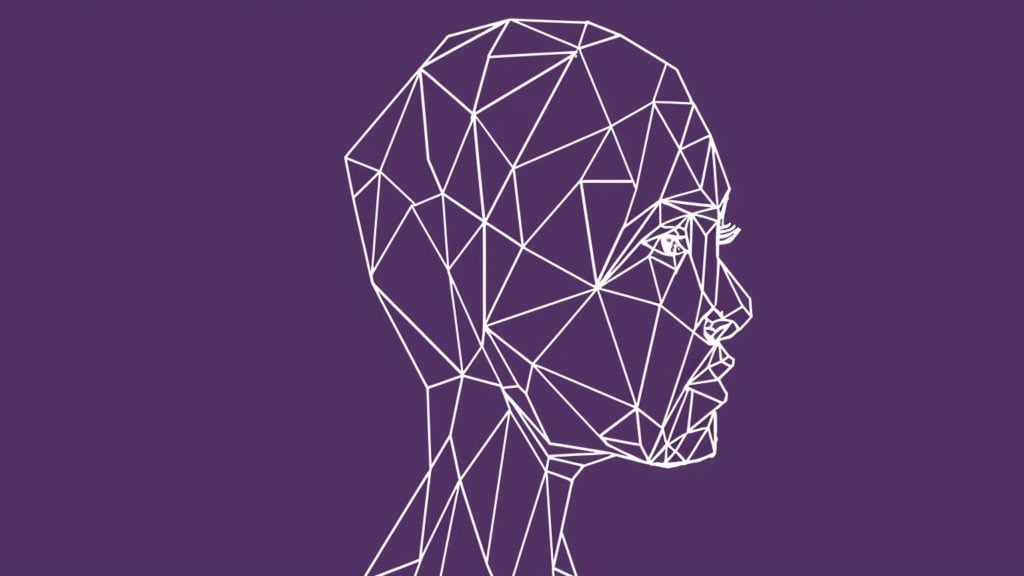The EU’s “Democracy Shield,” is presented as a way to strengthen information integrity online, especially in the context of elections – but which opponents believe is another way for the bloc’s bureaucracy to tighten the screws on tech giants, speech-wise – is facing vocal opposition in the European Parliament (EP).
The initiative’s first monthly meeting heard criticism in particular from MEPs that come from conservative and sovereignty parties, who wanted to know what exactly qualifies as “foreign interference in elections” – and why the double standard in the way social media content is treated compared to legacy, corporate media.
Namely, while the latter, in Europe at least almost without exception aligned with those in power, is free to publish any opinion, including those that are biased and could be reasonably expected to impact the outcome of an election, social media accounts get banned, while platforms are forced to change algorithms to limit the reach of any content branded as “foreign interference.”
To this point, some MEPs asked if only Russia is to be considered as a possible “election meddler” – or if other countries, the US included, can play the same role in some scenarios – and, that could be true of the EU itself.
According to European Conservative, MEP Fidias Panayiotou gave an example: “In my country, Cyprus, in 2004, through USAID, the US spent $60 million on the referendum for reunification.”
The main topic of the meeting is the now long-contested presidential election in Romania, where the “surprise” victory of Calin Georgescu got annulled as Brussels went all-in trying to make sure he is not eventually elected (that crisis is ongoing.)
The fact that Georgescu is not to the establishment’s liking, caused him to be labeled “pro-Russian” and, “ultra-nationalist” – while his use of social platforms to get the message across was condemned as some sort of “foreign interference.”
But “Democracy Shield’s” opponents are warning that – yet again – there is an attempt to misuse the term “disinformation” to undermine people’s, and country’s rights, namely their sovereignty.
In the context of elections, sovereignty is further threatened by initiatives such as setting up a new EU intelligence agency – that critics say may result in even more “centralization of electoral control in the hands of EU institutions.”


